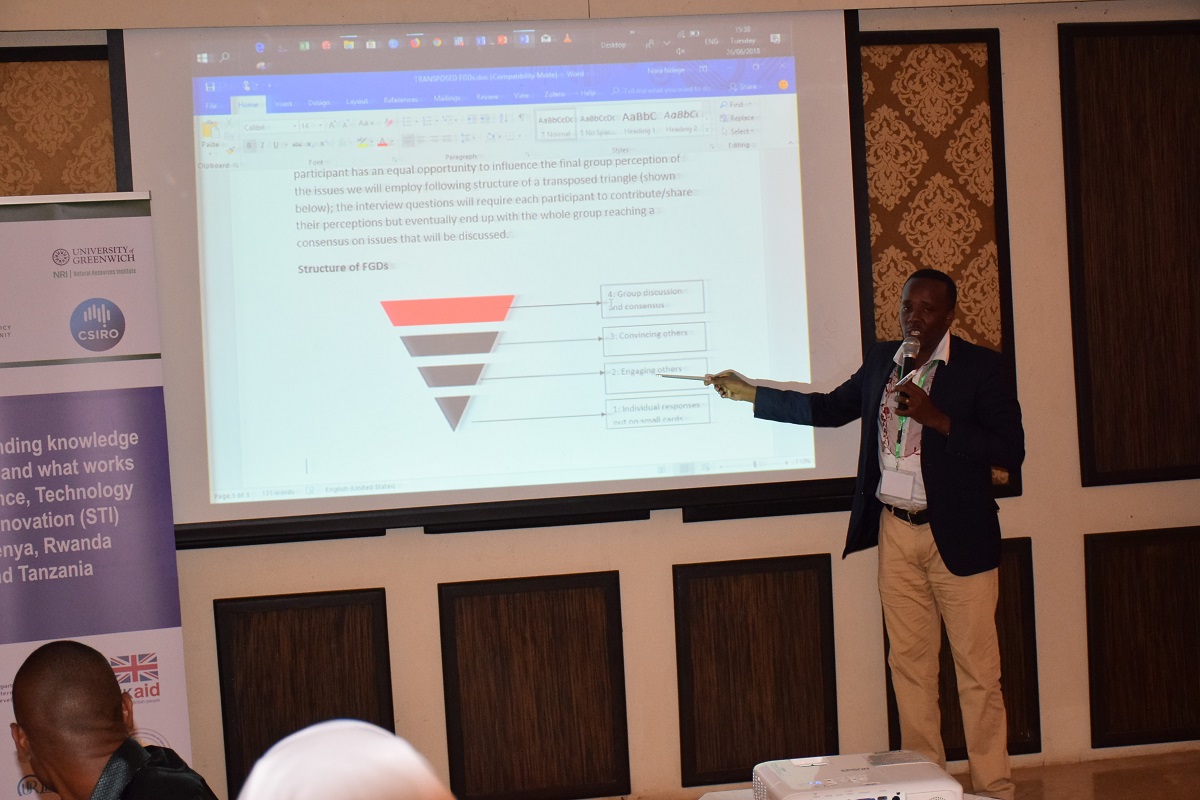
The sustainable development agenda is a response to a new class of challenges that call into question current patterns of human activity in relation to production and consumption, access and distribution of resources, and the way these processes and patterns of human activity are governed and directed.
Broadly these challenges relate to environmental sustainability of the resource base and the planet as a whole and the crisis of unbalanced patterns of growth that are failing to eradicate poverty, inequity, and food, water and energy resource insecurities. These are global-scale issues, but have particular poignancy and manifestations in low-and-middle-income countries (LMICs) where poverty is widespread and where climate change is a major threat to already fragile and degraded environments.
Science, Technology and Innovation (STI) could form a central pillar in addressing these challenges. But that will require a form of innovation that is much more deeply embedded in society than it has been in the past. This will entail a much closer alignment of STI policy with development priorities in a particular country and will require patterns of governance and participation that give ownership of both the priorities and the outcomes of the innovation process, to a wider set of stakeholders. Building this new form of innovation capacity will need to look beyond traditional science and technology providers – although it is essential to strengthen these too – and will need to embrace the full gamut of knowledge production and use, actors and processes that society has to offer.
The Knowledge Systems Innovation (KSI) project, funded by UK Aid through the East Africa Research Hub, seeks to develop a practical approach to guide capacity development and investment in knowledge systems in Kenya, Rwanda and Tanzania. The project was led by Professor Andy Frost and also included Associate Professor Apurba Shee, who worked on the economics and financial analysis. Working with in-country teams and colleagues from ACTS in Kenya, CSIRO in Australia, and the University of Sussex and UCL in the UK, the team first undertook case studies and quantitative work. They observed diverse STI contexts across the three countries, research investments poorly aligned to the majority of SDG targets, interventions tackling recognised innovation system gaps, particularly those aimed at enhancing brokering, without appropriate evaluation. Significant informal-sector knowledge activity was seen in all three countries which was of high relevance to local communities and SDGs but these are not mainstreamed and hence overlooked. In order to address this, the team proposed a practical conceptual framework which defines a sufficient set of STI investment and capacities required to drive the transformational change necessary for balanced and sustainable growth. The framework is intended for use by donors, to design projects with a fresh outlook that are fit for purpose.
Links: KSI project

